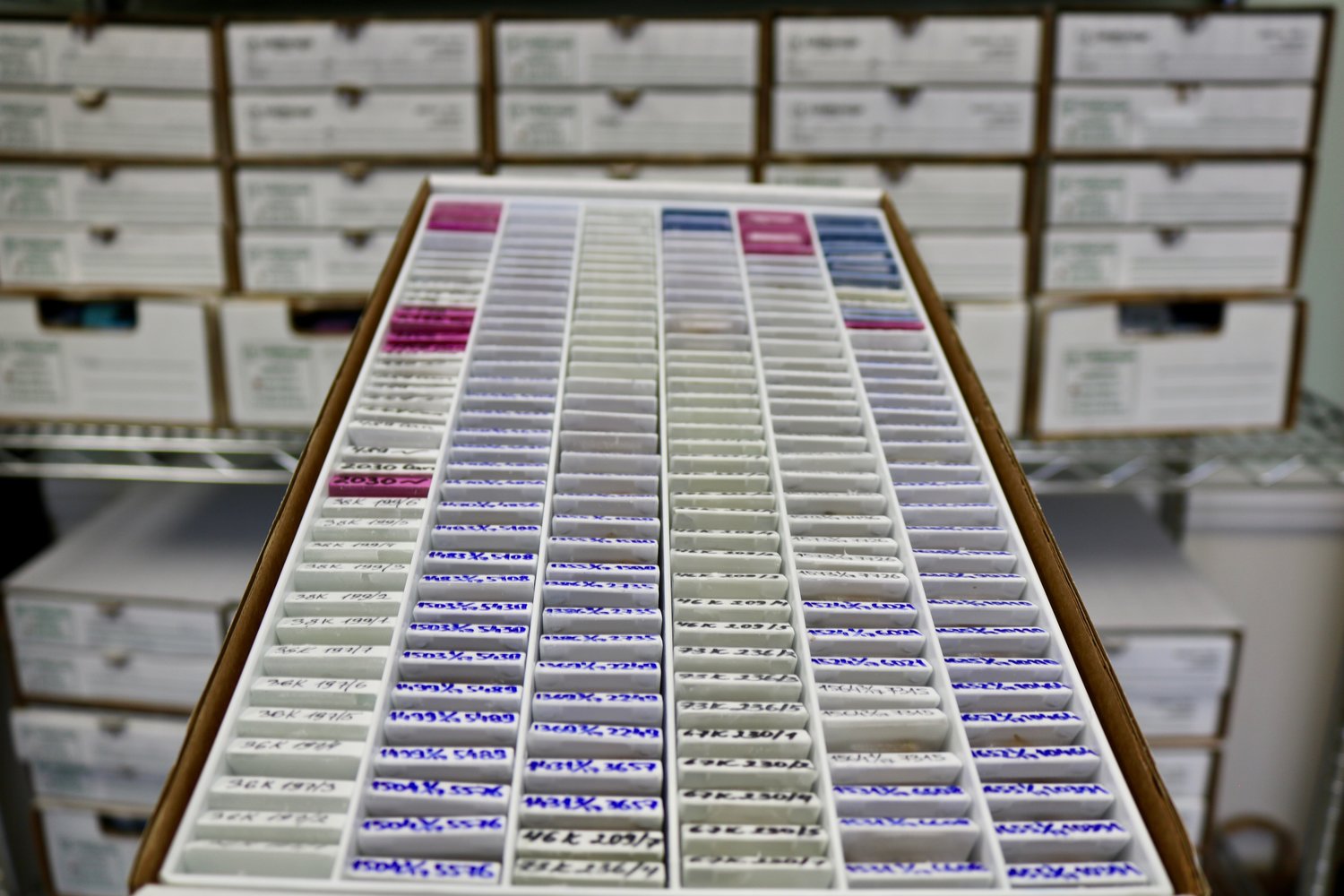Biorepositories are specially designed to store, identify and access genetic samples. They are increasingly being used as a tool for cutting-edge medical research and innovation. With the amount of knowledge out there today, it's difficult to keep up with the advancements in biomedical research. This is why biorepositories were created to streamline biological studies by storing samples with specific identifiers.
One of the most significant inventions in medicine is the biorepository. This is a secure, well-controlled area where scientists can study biological samples without harming living organisms or exposing them to outside organisms. A biorepository gives scientists the ability to use cells and DNA to detect biomarkers of disease and find new treatments for it. Biorepositories are becoming more common every day because they allow scientists to store samples for long periods of time away from external contamination, which saves researchers time on their experiments.

Image Source: Google
Biorepositories are essential to the medical research field. Biorepositories collect, store and organize samples from multiple studies on a particular disease. This enables scientists to look for potential treatments that could help people with the disease. It's important for all medical research because finding a cure for a disease is what saves lives.
Biorepository development is a difficult process. Biorepositories include a hardware and software platform that enables researchers to build a centralized archive of biological materials. This would allow for the quick collection of vital biological samples during an emergency. However, the high costs of biorepository development have hindered many people from building these repositories.
Biorepository development has huge benefits because they allow the conservation of the cells and samples being used in medical research. Samples can be used multiple times before discontinuing which improves research efficiency. Biorepositories also help researchers who are working abroad by having specimens for them to work with.